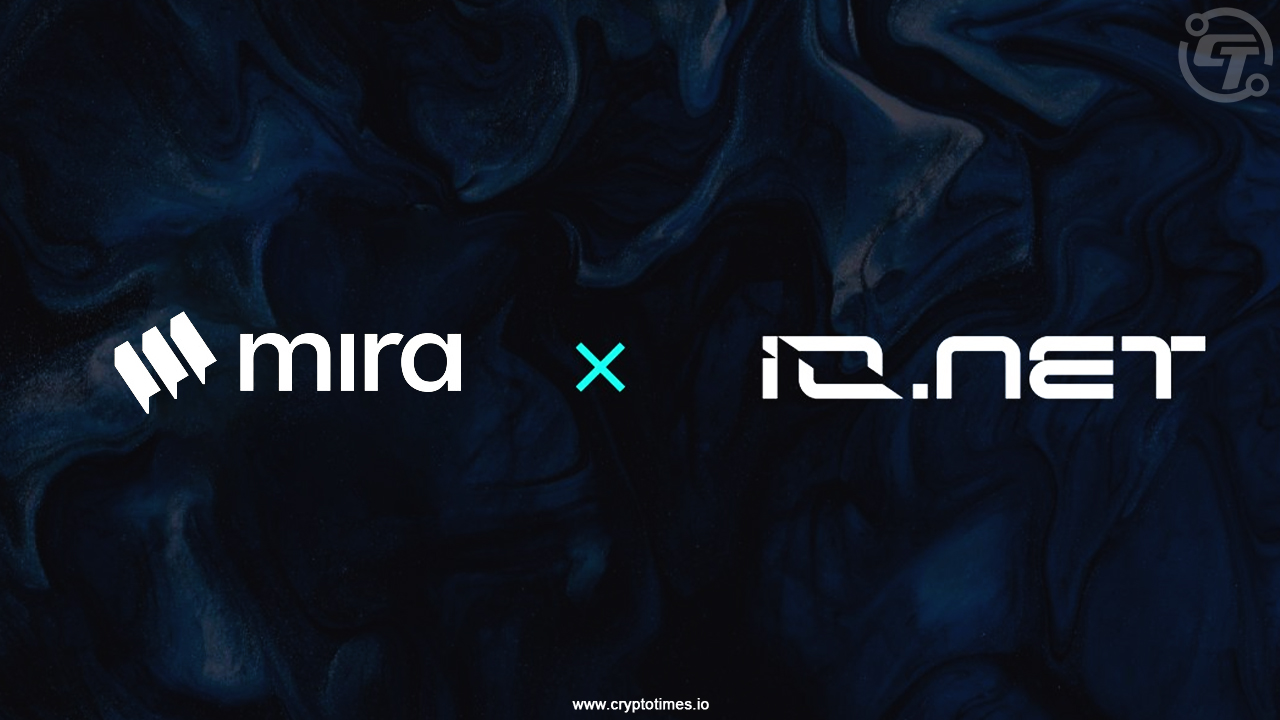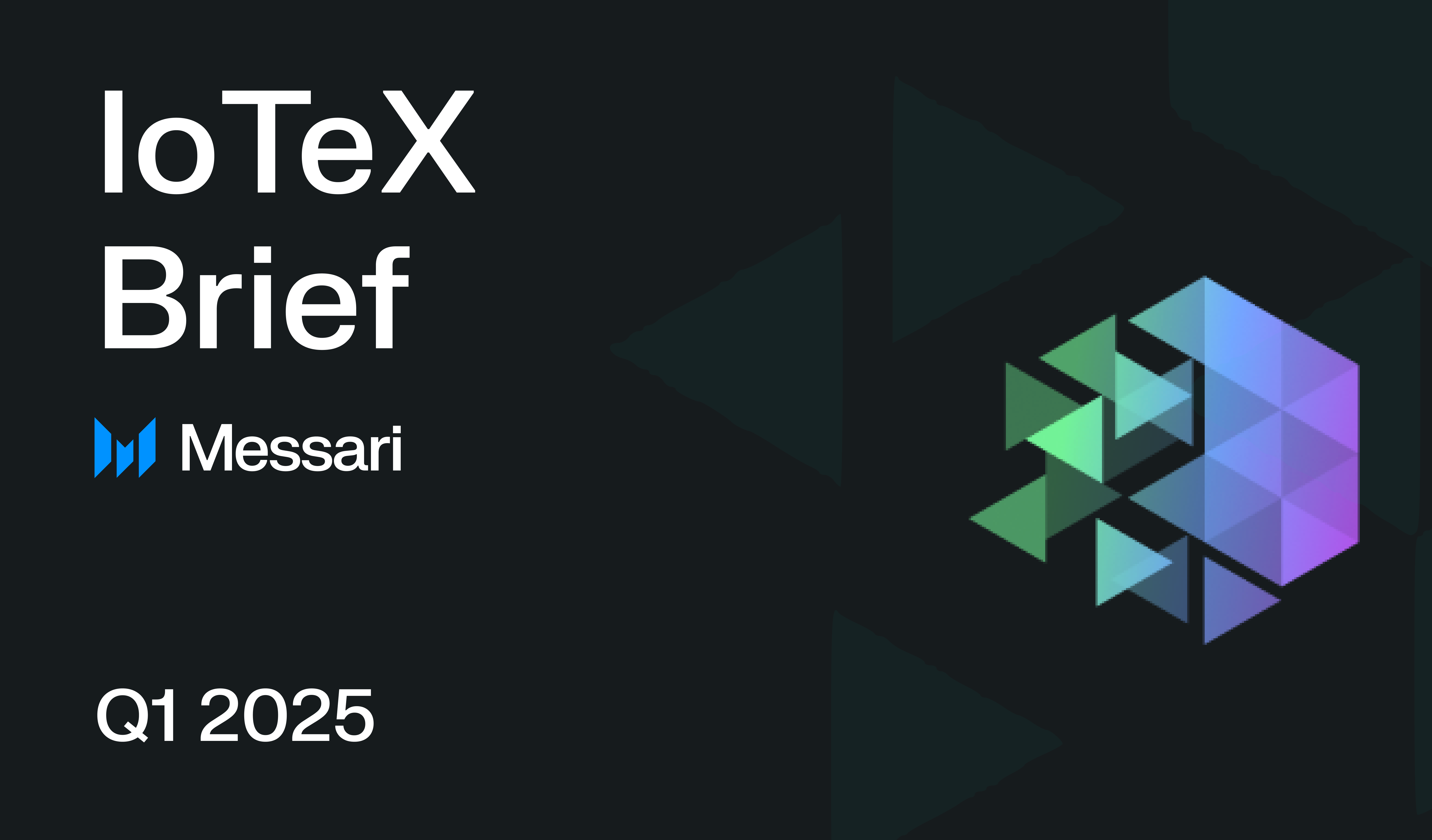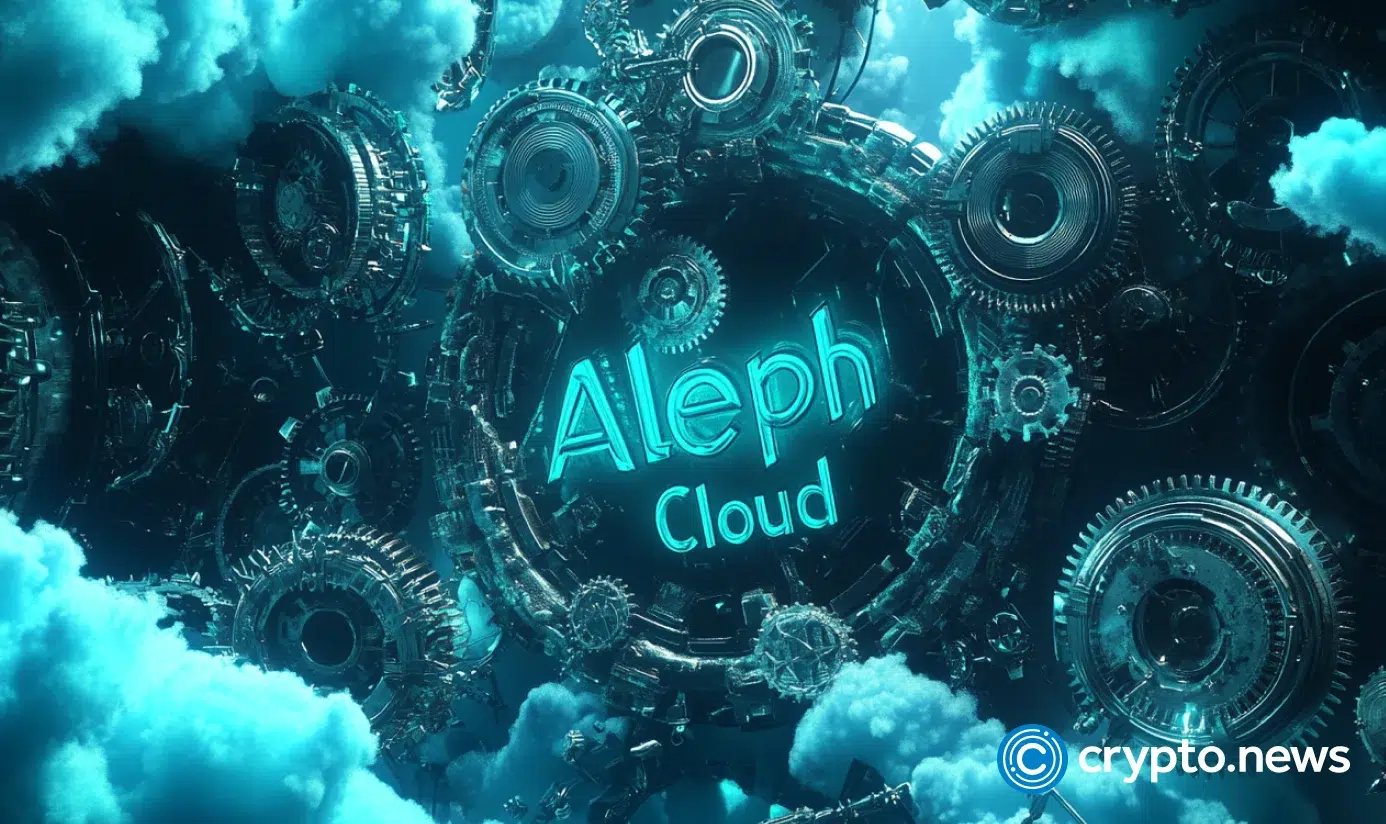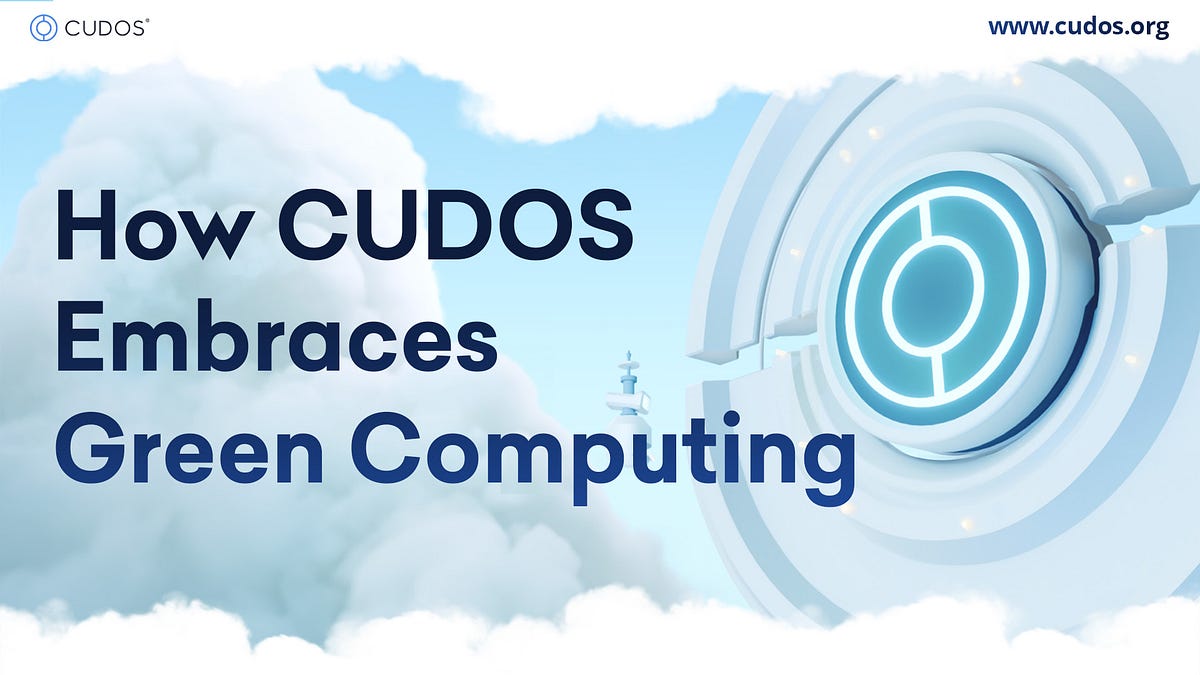Latest DePIN Funding News

6 months ago
ROVR Network Secures $2.6 Million Funding and Prepares for $ROVR Token Launch
ROVR Network, a pioneering platform in decentralized high-definition 3D mapping, has successfully closed a $2.6 million seed funding round. This funding was co-led by Borderless Capital and GEODNET, with contributions from various angel investors and IoTeX. ROVR, which stands for Robotically Operated Vehicle Research, aims to create the world's first decentralized 3D mapping protocol, providing real-time, regulatory-compliant geospatial data tailored for the autonomous vehicle industry and Spatial AI research. The funds will be utilized to enhance global operations, deploy hardware, and facilitate community-driven data collection.
The ROVR platform is recognized as the first Decentralized Physical Infrastructure Network (DePIN) that integrates LiDAR technology with Real-Time Kinematic (RTK) positioning, achieving centimeter-level accuracy in street-level mapping. This innovative approach offers a scalable, open-source alternative to traditional proprietary HD maps utilized in self-driving vehicles. Alvaro Gracia from Borderless Capital emphasized the significance of ROVR's mapping capabilities, stating that it fulfills a crucial need for automakers in developing driverless systems.
In addition to its funding success, ROVR has expanded its team across North America, Asia, and Europe, and has established a new office in Silicon Valley to enhance partnership development and operational efficiency. The company is also set to launch its $ROVR Token Generation Event (TGE) earlier than planned, with the token now live on the Solana blockchain. This token will play a vital role in incentivizing contributors and facilitating a decentralized data economy, with a deflationary model that includes a burn mechanism linked to data sales, thereby reducing the supply of ROVR and GEOD tokens as ecosystem activity increases.

6 months ago
io.net and Mira Network Forge Partnership to Enhance AI Reliability
In a significant development for the decentralized AI landscape, io.net, a DePIN for GPU compute, has announced a strategic partnership with Mira Network. This collaboration is set to tackle the pressing challenges of AI accuracy and reliability, aiming to create scalable and decentralized solutions for advanced AI applications. By leveraging io.net's decentralized GPU infrastructure, Mira Network intends to enhance its operations while simultaneously reducing costs and latency, thus paving the way for more efficient AI implementations.
A key component of this partnership is the support for Mira Network's Node Delegator Program, which allows contributors to delegate GPU resources. This initiative lowers the technical barriers for individuals and organizations eager to engage in the decentralized AI ecosystem, enabling them to support Mira's consensus operations while earning network rewards. As AI technology continues to evolve, the partnership seeks to ensure that AI can deliver consistent, reliable, and unbiased insights, a sentiment echoed by Tausif Ahmed, Chief Business Development Officer at io.net.
The urgency of addressing AI's accuracy challenges is underscored by the current error rates that can reach up to 30% in tasks requiring advanced reasoning. Mira Network aims to mitigate this issue through innovative developments that evaluate AI-generated outputs across various models. Their new integrations have reportedly reduced first-pass mistakes to below 5%, with aspirations to achieve error rates of less than 0.1% through ongoing research. Stone Gettings, Head of Growth at Mira Network, emphasizes that the partnership with io.net will be crucial in further decentralizing their network and providing users with access to reliable GPU resources, thereby accelerating AI adoption in various sectors.

6 months ago
IoTeX Launches Quicksilver and Expands DePIN Ecosystem in Q1 2025
In the first quarter of 2025, IoTeX made significant strides with the introduction of Quicksilver, a decentralized physical infrastructure network (DePIN) module that enables AI agents to interact with real-world data. This innovative framework aims to enhance the capabilities of AI by allowing it to process real-time data and respond adaptively to its environment. Partnerships with GEODNET and Nubila have been established to integrate their devices with the ioID module, facilitating machine verifiability and verified data uploads onto the IoTeX blockchain. Despite a decline in average daily active wallets and transactions, the network still shows impressive year-over-year growth, with active wallets up 850% and transactions up 2,250% compared to the previous year.
The IoTeX Network operates on a modular infrastructure that combines an EVM-compatible Layer-1 blockchain with off-chain computing capabilities. Users can stake the native token, IOTX, to vote for delegates responsible for securing the network and validating transactions. In Q1, the total fees on the network decreased by 55% quarter-over-quarter to $201,000, primarily due to significant drops in gas and decentralized exchange (DEX) fees. However, the network's staking activity remained robust, with 120 active delegates securing 3.8 billion IOTX, representing 40% of the circulating supply.
IoTeX's commitment to innovation is evident in its ongoing development of the Quicksilver framework, which integrates AI with decentralized networks. The introduction of BinoAI, an autonomous AI agent, further exemplifies this effort, as it shares insights about DePIN projects on social media. Additionally, the partnerships with GEODNET and Nubila highlight IoTeX's focus on verifiability and real-world data applications, paving the way for future collaborations aimed at enhancing the DePIN ecosystem. As IoTeX continues to evolve, its emphasis on integrating AI and decentralized technologies positions it as a leader in the blockchain space, driving demand for DePIN solutions.

7 months ago
Aethir Launches Batch 6 of Ecosystem Fund, Supporting Real-World Asset Startups
Decentralized cloud computing platform Aethir has launched Batch 6 of its $100 million Ecosystem Fund, expanding its support to include real-world asset (RWA) startups alongside its existing focus on AI agents. This initiative, announced on April 23, aims to integrate promising RWA projects into Aethir's decentralized cloud ecosystem by providing grants in the form of decentralized GPU cloud computing power. The fund has already supported over 25 AI-focused grantees, and the latest batch includes innovative projects such as Zoo Finance, Upside OS, and PinLink, which are set to enhance the intersection of traditional finance and digital markets.
The Ecosystem Fund operates by granting access to Aethir's extensive global GPU network, which boasts over 425,000 GPU containers and high-performance chips like NVIDIA H200s and GB200s. This model eliminates the need for expensive centralized infrastructure, allowing early-stage teams to scale applications that rely heavily on AI and RWAs. Aethir's aim with Batch 6 is to empower more founders to develop the next generation of applications that leverage decentralized computing, thereby fostering innovation in both the RWA and AI sectors.
The RWA sector is experiencing rapid growth, with on-chain assets already surpassing $20 billion and projections suggesting it could reach $500 billion by 2025, and potentially $30 trillion by 2030. This surge has given rise to new segments like "RWAfi," which merges RWAs with decentralized finance. Aethir is collaborating with projects such as Plume and GAIB to explore these opportunities, supporting the tokenization of computing infrastructure through initiatives like the RWAI Initiative and its GPU Tokenization Pilot on the BNB Chain.

7 months ago
AT&T Partners with Helium to Enhance Decentralized Connectivity
AT&T has announced its first foray into decentralized physical infrastructure (DePIN) through a partnership with Helium, enabling customers to access a network of user-powered WiFi hotspots. This collaboration, revealed on April 24, is seen as a significant advancement in Helium's mission to provide affordable and accessible connectivity. Helium operates a decentralized wireless network where individuals deploy low-power devices called Hotspots, functioning as miniature cell towers and offering wireless coverage in exchange for token-based rewards. Currently, Helium boasts over 93,500 active Hotspots, primarily in the United States.
The partnership allows AT&T to leverage Helium's hotspot coverage via Passpoint integration, a WiFi authentication protocol that facilitates automatic and secure connections to participating hotspots. This integration enhances user connectivity, especially in areas with weak mobile signals, while allowing AT&T to expand its service footprint without the need for additional infrastructure. For Helium, this partnership increases the utility of its network and raises its profile among mainstream users. Additionally, AT&T gains access to real-time network quality metrics, providing valuable insights into performance across decentralized nodes, a level of transparency often lacking in traditional infrastructure models.
This collaboration is a notable milestone for the DePIN movement, but it is not Helium's first engagement with the telecom sector. Previously, Helium partnered with Telefónica's Movistar in Mexico, integrating its network to support connectivity for over 2.3 million subscribers. Furthermore, Helium has been enhancing its technology stack to promote broader adoption, including a licensing program for hardware manufacturers. The launch of Helium Mobile's Zero Plan in February 2025, which offers free data and talk time by utilizing Helium's decentralized network alongside T-Mobile's 5G service, marks another significant step forward for the project.

7 months ago
Aleph.im Rebrands to Aleph Cloud, Launches $1 Million Accelerator for Web3 Startups
Aleph.im, a prominent player in decentralized infrastructure, has officially rebranded as Aleph Cloud, marking a significant evolution in its service offerings. This transformation, announced on April 23, reflects the company's ambition to become a comprehensive decentralized cloud provider. The rebranding comes with an expanded product suite that includes decentralized compute, storage, virtual machines, and GPU resources, all aimed at supporting next-generation Web3 and AI applications. In conjunction with this rebrand, Aleph Cloud has introduced a $1 million startup accelerator program designed to assist Web3 builders and startups in moving away from centralized cloud services like AWS and Google Cloud, which currently dominate the blockchain infrastructure landscape.
The newly launched accelerator program aims to provide essential resources such as compute credits, storage, and technical support across various ecosystems, including Ethereum, Base, Solana, BSC, and Avalanche. Jonathan Schemoul, CEO of Aleph Cloud, emphasized the importance of decentralization in blockchain applications, stating that reliance on centralized services poses risks. The program is structured to support early-stage developers by offering free access to cloud services for projects with a tangible product or proof of concept, thus fostering a thriving ecosystem of decentralized applications.
Aleph Cloud’s strategy positions it as a competitor in the growing market for decentralized infrastructure, where it faces established players like Filecoin and Akash. Schemoul highlighted the platform's unique all-in-one design, which allows users to manage compute, storage, and hosting through a single interface. With a focus on compliance and data privacy, Aleph Cloud operates as a GDPR-compliant, chain-agnostic platform, ensuring that neither the company nor its node operators can access stored data. This commitment to decentralization and user privacy sets Aleph Cloud apart as it seeks to redefine the cloud services landscape for Web3 and AI developers.

7 months ago
CUDOS Intercloud: Pioneering Sustainable Computing for AI
CUDOS Intercloud is pioneering a new era of sustainable computing as part of the Artificial Superintelligence Alliance. The company aims to redefine the landscape of AI infrastructure by focusing on green computing practices. On April 24, 2025, CUDOS will participate in the Peace One Day #Ai2Peace event, where CEO Matt Hawkins and VP of Sales Pete Hill will discuss the importance of distributed AI infrastructure in fostering a peaceful and sustainable future. This initiative highlights the necessity of building a fair and open AI ecosystem that prioritizes environmental responsibility.
Traditional cloud computing has a significant environmental impact, with a single 1MW data center consuming millions of kilowatt-hours of electricity and vast quantities of water annually. The carbon footprint of such centralized infrastructures is immense, as evidenced by Google’s data operations consuming 27 terawatt-hours of energy in 2024 alone. CUDOS Intercloud addresses these inefficiencies by utilizing existing data centers, optimizing their capacity without the need for additional resources. This approach not only reduces costs but also minimizes the carbon footprint associated with new infrastructure development.
CUDOS Intercloud is committed to sustainability at its core, operating on 100% renewable energy and ensuring that its GPU-focused clusters utilize sustainable practices. The company has already saved significant costs by maximizing the efficiency of existing data centers and redirecting wasted energy into productive use. By joining initiatives like the Stripe Climate program and committing resources to carbon removal projects, CUDOS is not just making claims about sustainability but is actively working towards a greener future. This commitment positions CUDOS as a viable alternative to traditional Big Tech, promoting a distributed and environmentally friendly approach to cloud computing.

7 months ago
Solana DEX Landscape Faces Major Shakeup as Competitors Emerge
The decentralized exchange (DEX) landscape on Solana is experiencing significant changes, with Raydium's long-standing dominance being challenged by emerging competitors. As of April 20, 2025, Raydium still holds the largest share of DEX trading volume at 31%, but this marks a steep decline from its peak of 63% earlier in the year. New platforms like Pumpfun, Orca, and SolFi are rapidly gaining traction, indicating a shift towards a more competitive environment. Pumpfun, in particular, has made a remarkable entrance, capturing 19% of the DEX volume just weeks after its launch, showcasing the potential for innovation within the Solana ecosystem.
Pumpfun's success can be attributed to its hybrid model, combining a memecoin-focused launchpad with a high-speed automated market maker (AMM). This dual functionality has attracted retail interest and provided efficient liquidity, positioning Pumpfun as a formidable player in the DEX space. However, the sustainability of its growth remains uncertain as it faces the challenge of retaining liquidity providers and attracting serious traders in a volatile market. Meanwhile, Orca and SolFi are vying for dominance in key trading pairs, with Orca slightly leading in the SOL-USD market, highlighting the competitive nature of decentralized exchanges beyond the memecoin frenzy.
Despite Raydium's declining market share, it still maintains a significant presence in the Solana DEX ecosystem. The platform must adapt to modern trading demands and innovate to retain its user base. The evolving DEX landscape presents both challenges and opportunities, with new protocols emerging and existing players striving to enhance their offerings. As the competition intensifies, the next few months will be crucial in determining whether a few dominant players will emerge or if the multi-DEX ecosystem will continue to thrive, fostering specialization and innovation in the Solana DeFi space.

7 months ago
Navigating the Regulatory Landscape for DePIN in the U.S.
As the Decentralized Physical Infrastructure Networks (DePIN) sector gains traction in the cryptocurrency landscape, a critical question arises regarding its position within the U.S. regulatory framework. Current congressional legislation primarily addresses digital assets in a broad sense, encompassing stablecoins, tokens, and market infrastructure. However, the implications for DePIN are profound, as these policies will influence how DePIN projects secure funding, incentivize contributors, and deliver real-world services. Notably, legislation such as the STABLE Act and the GENIUS Act could significantly impact the stablecoin ecosystem that many DePIN projects rely on, potentially steering them towards more centralized options.
The FIT21 Act, which classifies tokens based on their decentralization and utility, is particularly relevant for DePIN. Tokens like $IOTX (IoTeX) serve as crucial infrastructure enablers, rewarding users and validating data. If classified as securities, these tokens could face stringent regulations that limit their exchange listings and user access. Additionally, the Digital Asset Market Structure Act introduces compliance requirements that may burden DePIN projects, especially those interacting with real-world payments. These developments highlight the urgent need for clarity in the regulatory landscape to foster innovation within the DePIN sector.
Advocacy efforts led by IoTeX and the Blockchain Association are pivotal in ensuring DePIN's recognition as legitimate infrastructure rather than mere financial speculation. Their recent engagement with congressional offices aims to educate lawmakers on the real-world applications of DePIN, emphasizing the need for supportive regulations. As the U.S. navigates this evolving landscape, it faces a choice: to lead in infrastructure innovation or risk losing it to other nations. With continued advocacy, DePIN can secure its place as a vital component of the national infrastructure narrative, paving the way for a decentralized future that benefits society as a whole.

7 months ago
Solana's SOL Token Faces Challenges but Shows Signs of Recovery
Solana's native token SOL has recently faced challenges in maintaining its bullish momentum after peaking at $134 on April 14. Currently, SOL is trading 57% below its all-time high, primarily due to a notable decline in decentralized application (DApp) activity. However, analysts suggest that the altcoin's rally may not be over yet, citing a significant increase in deposits on the Solana network as a potential catalyst for short-term price recovery. With a total value locked (TVL) of $6.9 billion, Solana has positioned itself as the second-largest blockchain by TVL, outperforming competitors like Tron and Base in recent weeks.
In addition to its impressive TVL, Solana has reclaimed the top spot in decentralized exchange (DEX) volumes, surpassing Ethereum layer-2 solutions. In the week ending April 16, trading activity on Solana DApps reached $15.8 billion, exceeding the combined volume of Ethereum scaling solutions by over 50%. This surge was supported by notable increases in trading volumes on platforms such as Pump-fun and Raydium, while major Ethereum DApps like Uniswap and Curve Finance experienced declines. Furthermore, other DApps on Solana, such as Ondo Finance and Exponent, have also shown substantial growth in their total value locked, indicating a broader trend of increasing activity on the network.
Looking ahead, analysts are optimistic about the potential approval of a Solana spot exchange-traded fund (ETF) in the United States by 2025. However, expectations for significant inflows remain tempered due to a general lack of institutional interest and the recent underperformance of similar Ethereum ETF products. As investors await the results of a full audit of US federal agencies' crypto holdings, the future of SOL's price remains uncertain. Without external catalysts to attract new participants to the crypto ecosystem, the increase in TVL and DEX market share alone may not be sufficient to drive SOL's price to previous highs, such as the $180 level seen 45 days ago.
Signup for latest DePIN news and updates